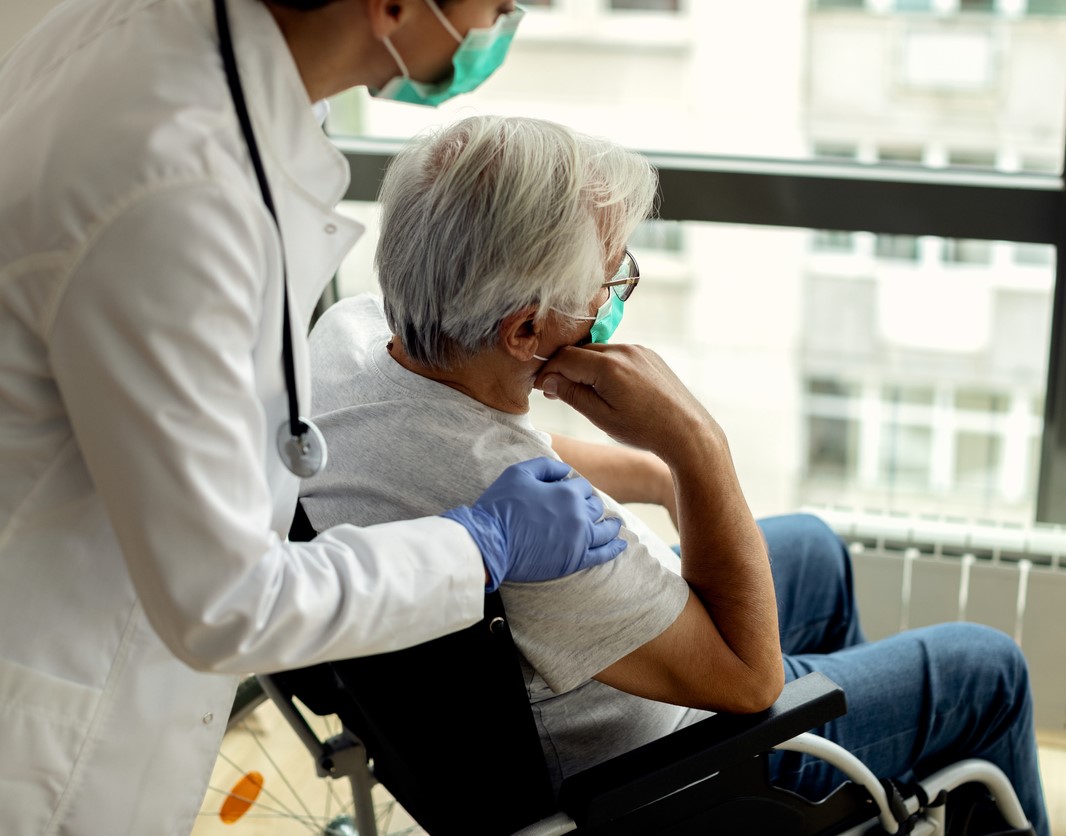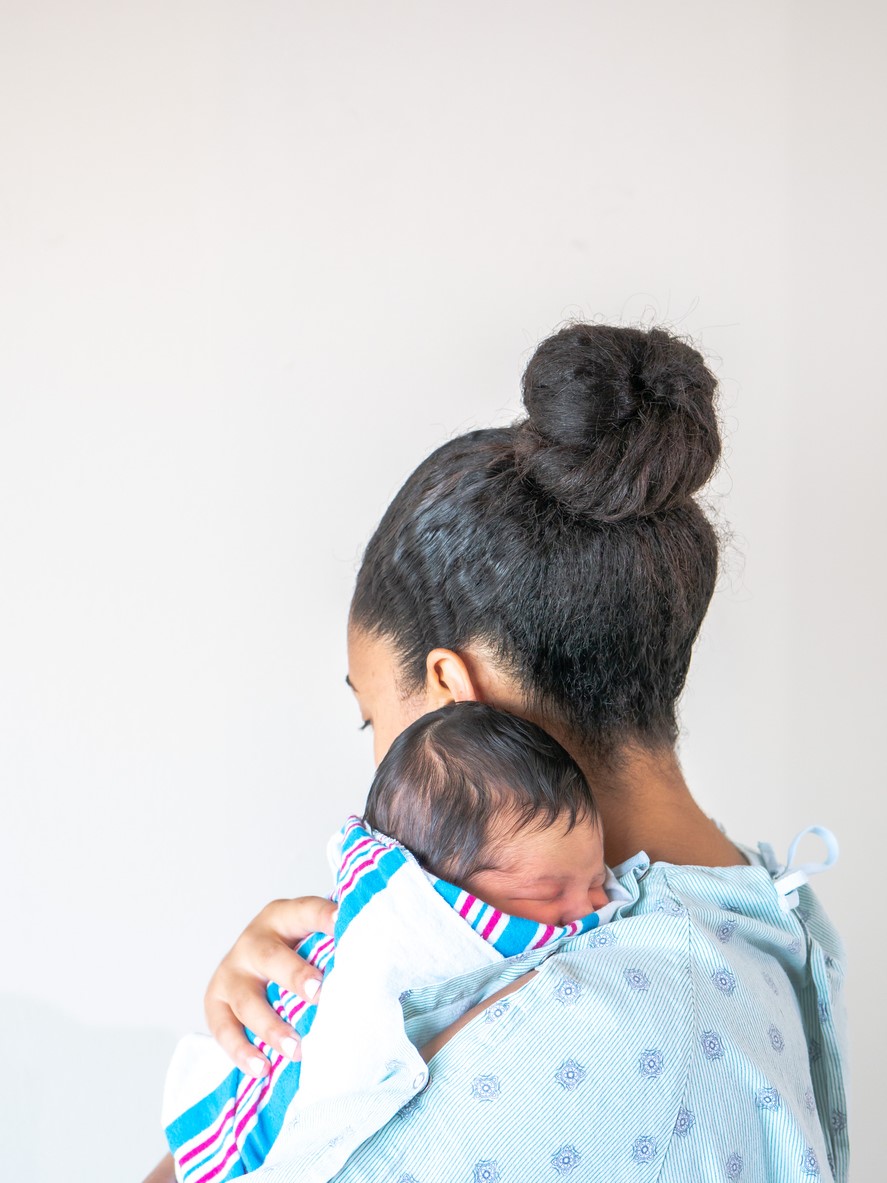 Two thirds of nursing home residents and staff in England were infected with SARS-CoV-2 in the first 2 years of the pandemic, suggests an observational study to be presented at the April 15 to 18 European Congress of Clinical Microbiology and Infectious Diseases (ECCMID) in Copenhagen, Denmark.
Two thirds of nursing home residents and staff in England were infected with SARS-CoV-2 in the first 2 years of the pandemic, suggests an observational study to be presented at the April 15 to 18 European Congress of Clinical Microbiology and Infectious Diseases (ECCMID) in Copenhagen, Denmark.
University College London researchers used antibody blood testing to estimate the percentage of nursing home residents and employees who had COVID-19 from March 2020 to March 2022. Their data came from the ongoing VIVALDI study, which has been tracking infections and immunity to SARS-CoV-2 in English nursing homes since the pandemic began.
Participants included 1,794 nursing home residents with an average age of 87 years and 3,385 workers with an average age of 47 years tested for antibodies at least once in 220 facilities.
Ongoing surveillance of infection and immunity in these settings is important.
Despite making up less than 1% of the population in England, nursing home residents accounted for roughly a third of all COVID-related deaths over the study period, but the researchers noted that the true percentage of infections is unknown because polymerase chain reaction (PCR) testing—the gold standard—was limited, meaning that most infections in the early months of the pandemic were not documented.
Higher infection rate among residents
During the study period, 998 residents and 1,782 staff tested positive for SARS-CoV-2 antibodies at least once, suggesting previous infection. The rate of infection was significantly higher among residents, at 0.13 cases per 100 person-days, than among staff, at 0.11 per 100 person-days.
The average time at risk in the whole group was 547 days (439 days for residents and 610 days for workers). The cumulative risk of infection in the entire group was 65%.
Lead author Maria Krutikov, MD, said the predominance of previously infected residents, as well as vaccination, may explain a recent drop in COVID-19 deaths in English nursing homes. "Ongoing surveillance of infection and immunity in these settings is important for informing policy decisions around screening and revaccination as we learn to live with the pandemic," she said.
 Two thirds of nursing home residents and staff in England were infected with SARS-CoV-2 in the first 2 years of the pandemic, suggests an observational
Two thirds of nursing home residents and staff in England were infected with SARS-CoV-2 in the first 2 years of the pandemic, suggests an observational  In an ongoing randomized trial investigating whether the transfer of gut microbiota from mother to baby can safely restore normal microbiota in babies after caesarian delivery, more than 40% of enrolled mothers tested positive for potentially harmful pathogens, Finnish researchers
In an ongoing randomized trial investigating whether the transfer of gut microbiota from mother to baby can safely restore normal microbiota in babies after caesarian delivery, more than 40% of enrolled mothers tested positive for potentially harmful pathogens, Finnish researchers 











